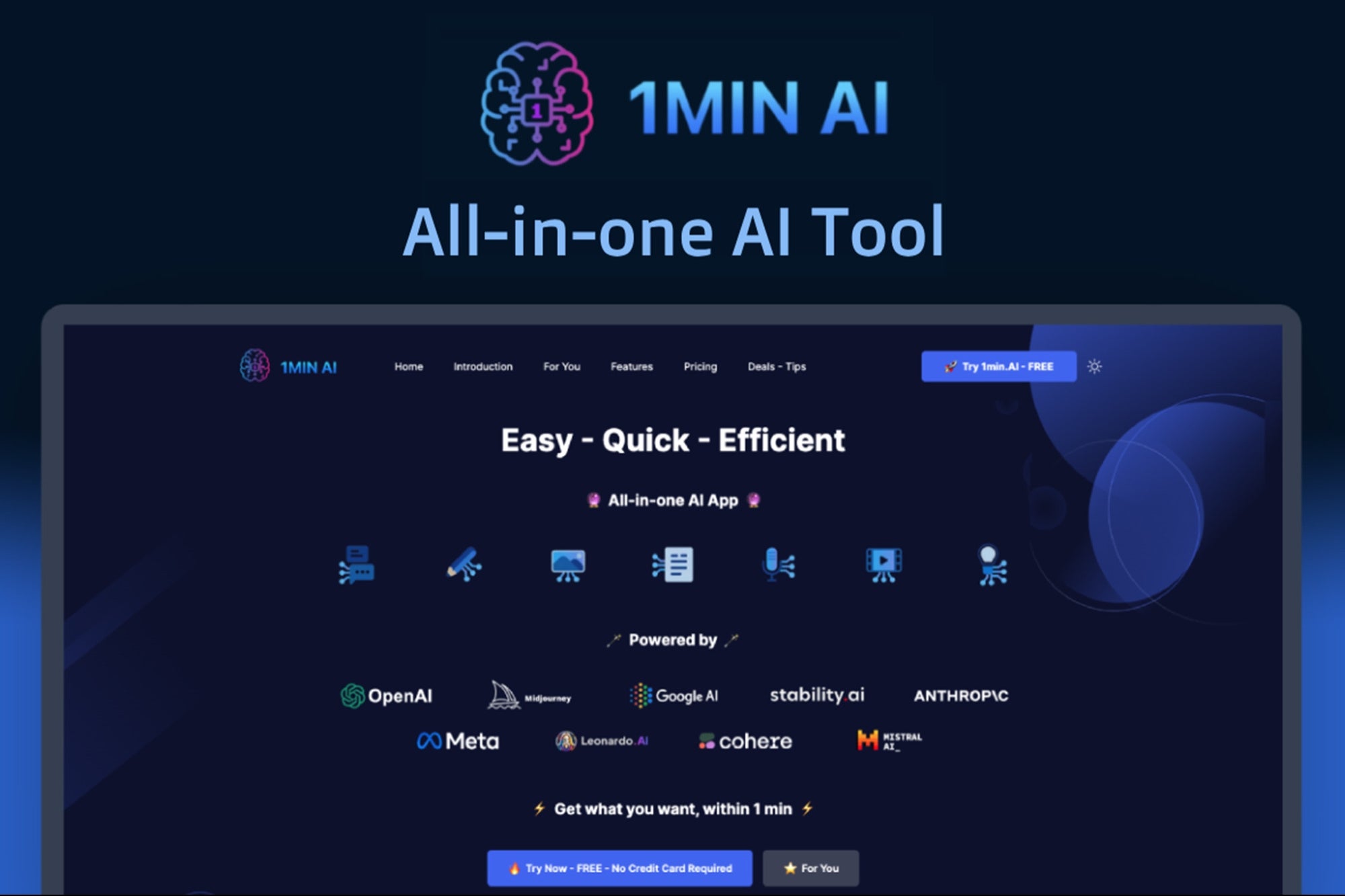3 Things Early-Stage Startups Need In Their Profitability Playbook These strategies can help entrepreneurs hit profitability earlier than expected.
By Josiah Humphrey Edited by Dan Bova
Opinions expressed by Entrepreneur contributors are their own.

When you're an early-stage startup, or as the godfather of customer development Steve Blank puts it, "a temporary organization in search for a repeatable and scalable business model, where you allocate your resources will determine how fast, or even if, you'll reach profitability." While the road to profitability will differ based on the type of business you're trying to build and the industry you're operating in, the following three points are worth taking into consideration.
1. Bring on a co-founder with complementary skill sets.
If you can't find someone whose strengths balance out your weaknesses, you'll end up spending more money during a time when you can least afford it -- after all, you're both lacking knowledge and expertise in the same areas. For instance, if you're a developer with little to no marketing experience, you may want to find someone who can adequately fill that skill gap. If you're not technical, you may want to find a technical co-founder who can properly assess and evaluate code. That's not to say that if you're a technical founder, you wouldn't be able to work with a firm like Appster, or if you're a marketing executive, that you wouldn't be able to work with a growth hacking agency. If you have someone with complementary skills to you, than that person can manage relationships with those firms as well as your expenses. It's about having all your bases covered so that your team is 100% accounted for.
Related: Taking the Startup Plunge? Be Prepared for These 5 Realities
2. Build a customer-funded business.
Professor John Mullins, who wrote "The Customer-Funded Business: Start, Finance, Or Grow Your Company with Your Customers' Cash," makes a compelling argument for designing a business model that encourages your customers to pay you upfront. Meaning, you can use the revenue to finance the development of your product. An example of a customer-funded model is the service-to-product model. Say you're an accountant looking to build accounting software, you can offer accounting and software consulting services on the side to fund the development of your product platform. Another example of a customer-funded business model is the matchmaker model. Match-making sites like Expedia operate on this model, bringing together two parties -- namely, buyers and sellers -- and getting paid by the buyer before paying the seller. Other customer funded business models include the subscription model, where users are required to pay upfront for access to a product; and the scarcity model, where businesses advertise limited edition products and collect payments from customers upfront before goods are manufactured and shipped.
Related: 3 Lessons From the Company That Went From Struggling to $1.2B IPO in 7 Years
3. Dominate small markets first.
Many startups have made the mistake of targeting a mainstream market too early in their lifecycle. That's not to say you can't have a global mindset, but take a closer look and you'll find that some of the most successful technology companies today grew by dominating small customer segments. An example of this is PayPal, who focused on eBay users before dominating the ecommerce world, Facebook, who targeted students at Harvard University before expanding to other colleges and user segments, and Airbnb, who launched in San Francisco before entering other cities. First of all, this strategy allows you to test the market. For instance, Uber tried to apply their business concept of an on-demand taxi service that failed in the Boston area because the market wasn't comfortable with the idea of, or psychologically prepared for, getting into a stranger's car. The San Francisco market, on the other hand, reacted quite differently to Uber's offering and was far more receptive to Uber's business model.
Related: 7 Key Steps Toward Starting Your Own Business
The reason this strategy is effective in helping startups reach profitability is simply because it's cheaper and easier to solve a pain point for a small customer segment than to capture and delight the mainstream market. One common thing that kills startups, particularly those with marketplace products, is interaction failure. If you can't reliably and predictably build an interaction between two parties on a platform, it will fail. For example, you can't have a real estate portal with no real estate listings. But when you're a small startup and don't have the resources to capture the entire real estate market, you can instead start with one neighborhood, in one city, in one country and expand from there. Your most valuable customers are always going to be in the niche market and if you can start by dominating the small markets in the beginning, than you can have a lower customer acquisition cost and ensure a much larger lifetime customer base. In addition, small and dense communities provide organic networking, which lead to, in effect, free marketing in the form of word-of-mouth referrals.










